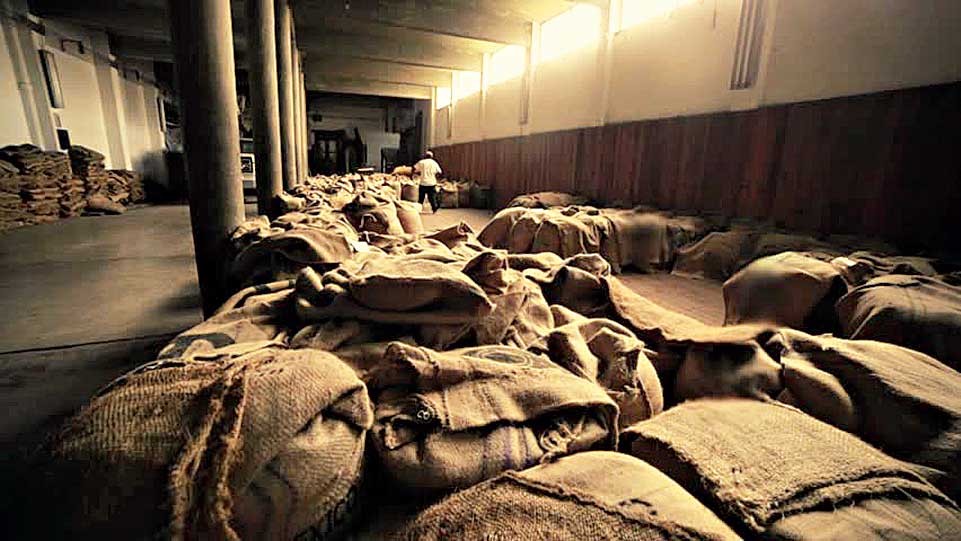The central government is exploring the possibility of growing raw jute beyond the eastern states to cover the shortfall between demand and supply of bags and reduce logistics costs.
The department of food and public distribution, under the Union ministry of consumer affairs, food and public distribution, has sought comments from the directorate of jute development, under the Union ministry of agriculture and farmers welfare, on the varieties and yields of raw jute and its spatial distribution.
According to the official communication, the production of raw jute and the presence of mills is primarily concentrated in the eastern region of India resulting in huge costs of transportation of bags to the rest of the country.
The department has also requested the directorate of jute development to examine the feasibility of developing and encouraging the cultivation of varieties of jute in other parts of the country, particularly in North India where there is a requirement for jute bags.
Bengal, Bihar and Odisha and Assam are among the key states in the eastern part of the country producing around 90 per cent of raw jute.
However, the bags are primarily required in the packaging of food grains in the northern states such as Punjab and Haryana.
Jute sacking bags make up around 75 per cent of the production of the industry, of which 90 per cent is supplied to the FCI and the state procuring agencies.
“The government is the biggest customer, purchasing jute sacking bags worth around Rs 8,000 crore every year. But, against a requirement of around 50 lakh bales, the average production of jute sacking bags is 30 lakh bales and the food ministry is finding that eastern India is unable to give the full supply. So, they want to explore production prospects in other states,” an industry source said adding that research is underway to explore the viability of an alternative variety of jute seeds.
The main reason for the shortfall is the falling area under cultivation. Sources said the states in eastern India must look at ways to step up jute cultivation.










